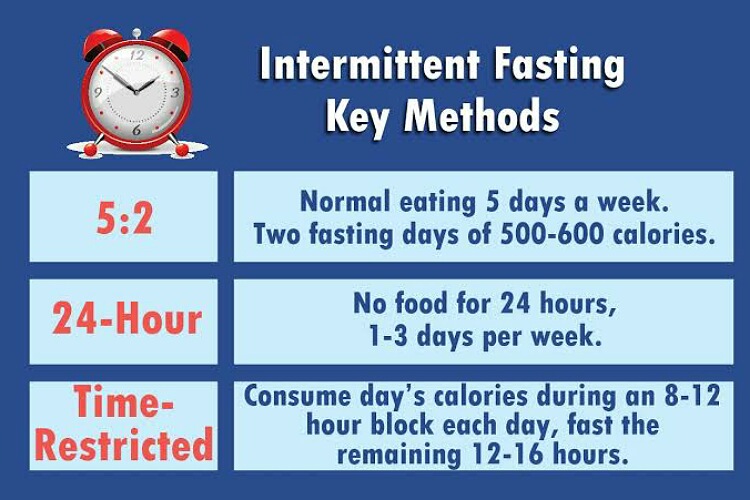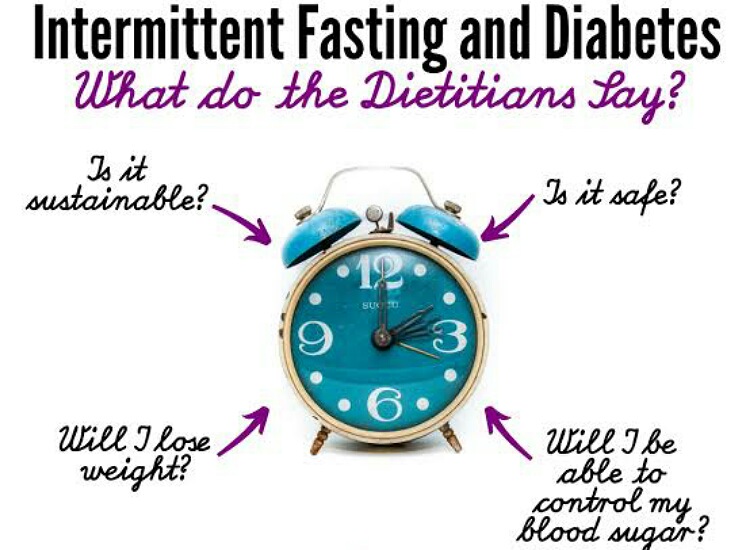A new Chinese study has revealed that intermittent fasting can reverse diabetes in 3 months time in nearly 50% of the cases.
The new Chinese study on intermittent fasting and diabetes
Intermittent fasting is a common fad diet for weight loss. There are various types of diets using this principle that slimmers follow. The diet can be in the form of the 5:2 diet in which they normally eat for 5 days in a week and fast with lesser calories for the remaining two days of the week.

Some dieters practice the fasting on alternate days. Whereas there are some slimmers who eat normally but do so within a restricted window period of 8 hours in a day. The latter is called the 16:8 intermittent fasting.
And now, a new Chinese study states that intermittent fasting can help reverse diabetes type 2. In this study, the recruits consumed daily 840 calories for 5 consecutive days. And then, they ate normally for 10 days.
Foods during fasting period
The recruits in the study had limited food options during the fasting period. This included nutritional rice, a meal-replacement biscuit that had black beans, maize and oats in it, and fruit and vegetable gruel. These all required addition of boiling water in them before consumption.
36 people were on this type of intermittent fasting for three months. Whereas an equal number of participants formed the control group and ate normally.

At the end of three months, the evaluation showed that 50% of these studied people on the intermittent fasting diet had reversal of diabetes in them. Their blood sugars normalized and it remained so even at the end of one year of follow-up.
A similar earlier study from the University of Newcastle in the UK had shown that 50% of people put on an extremely low-calorie diet consisting of soups and shakes could normalize their blood sugar. This pilot study was from the NHS. And they plan to make it a nationwide program soon.
Pros and cons
The senior author of the study, Dr Dongbo Liu from the Hunan Agricultural University in Changsha, China states:
‘Diabetes remission is possible if patients lose weight by changing their diet and exercise habits.’
According to Dr Duane Mellor, a registered dietitian and senior lecturer at Aston University:
‘Although there have been studies to show low-calorie diets and low-carbohydrate diets can help people with type 2 diabetes achieve remission, this relatively small study is the first to show the use of intermittent fasting.’

But Duane feels that weight loss with any diet can reverse diabetes. In the Chinese study, the recruits lost an average of 6 kg with this intermittent fasting. The control group did not lose appreciable weight: just a mean of 0.27 kg. All the recruits were aged 38 to 72 years and had diabetes from 1 to 11 years.
Read here: Can sweet foods intake increase risk of type 2 diabetes mellitus?
But the study is with a small sample size. Additionally, longer follow up of the recruits is desirable. But the findings are promising. Large scale and long term studies on this diet in type 2 diabetes would be beneficial.
